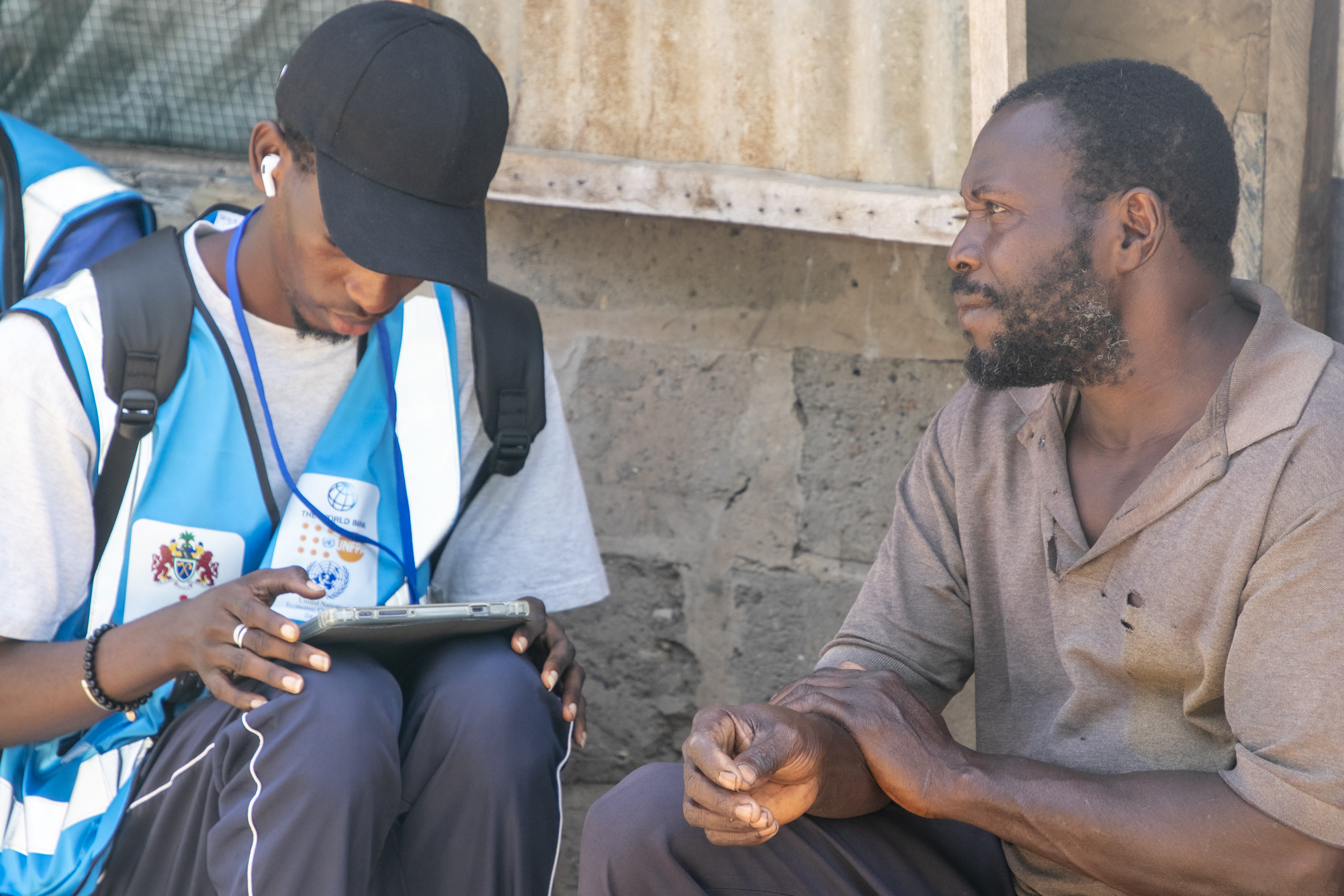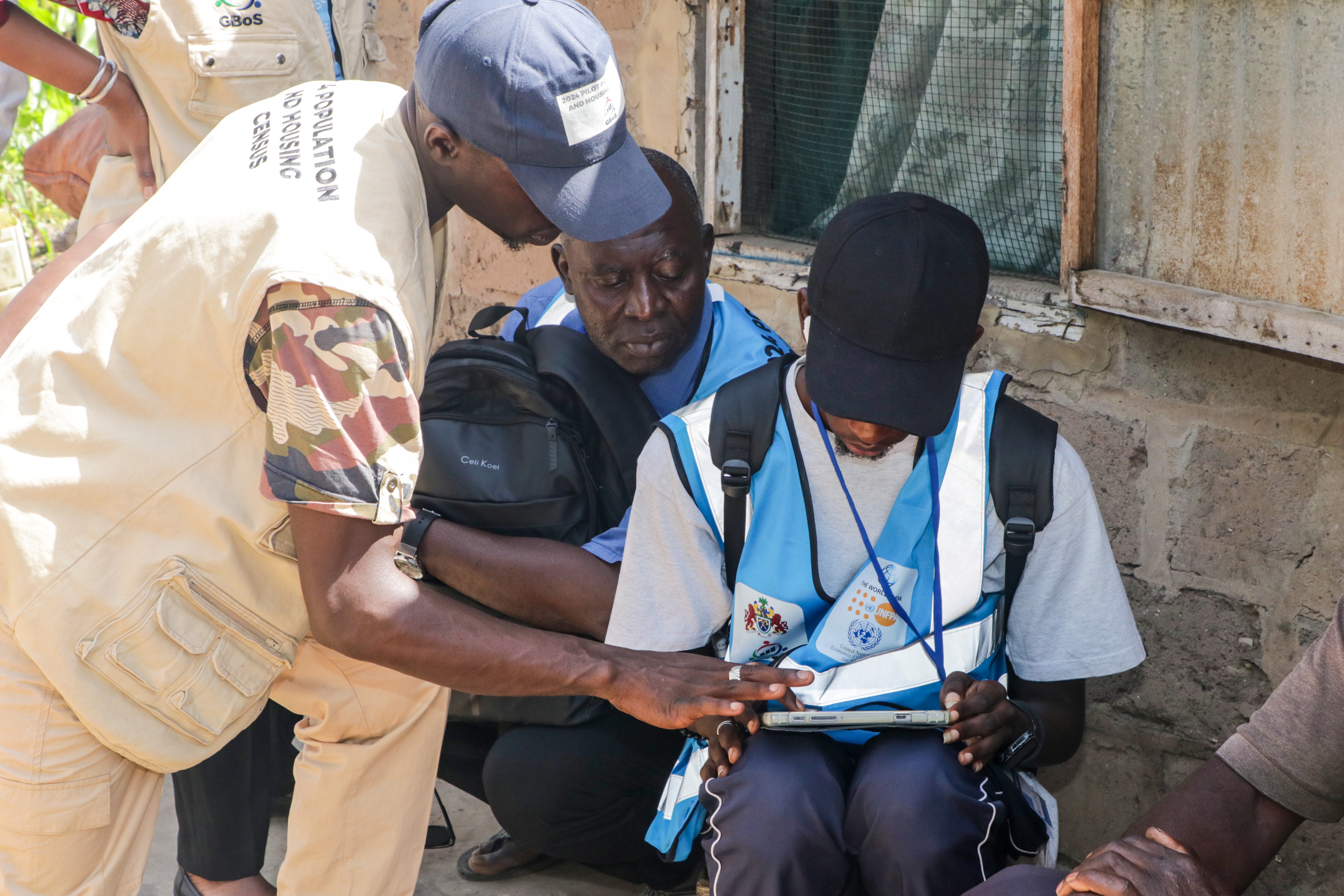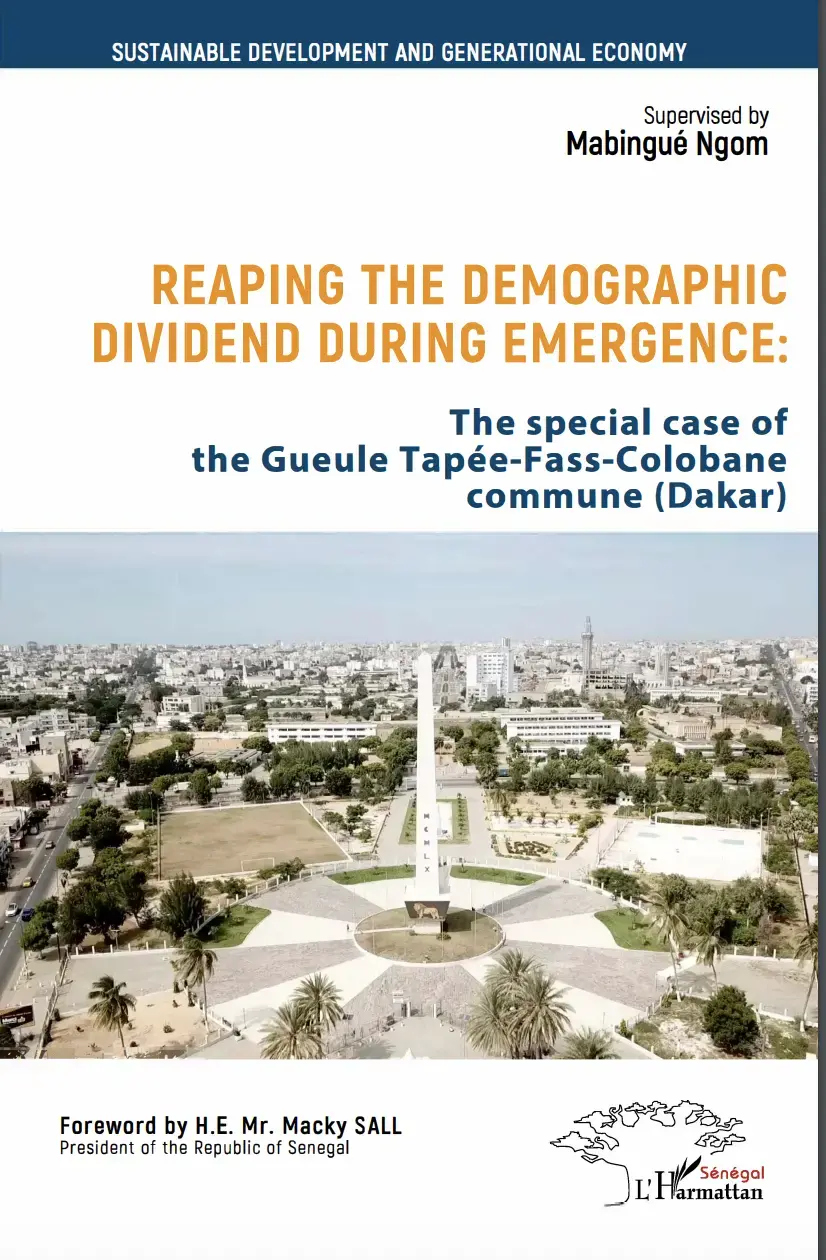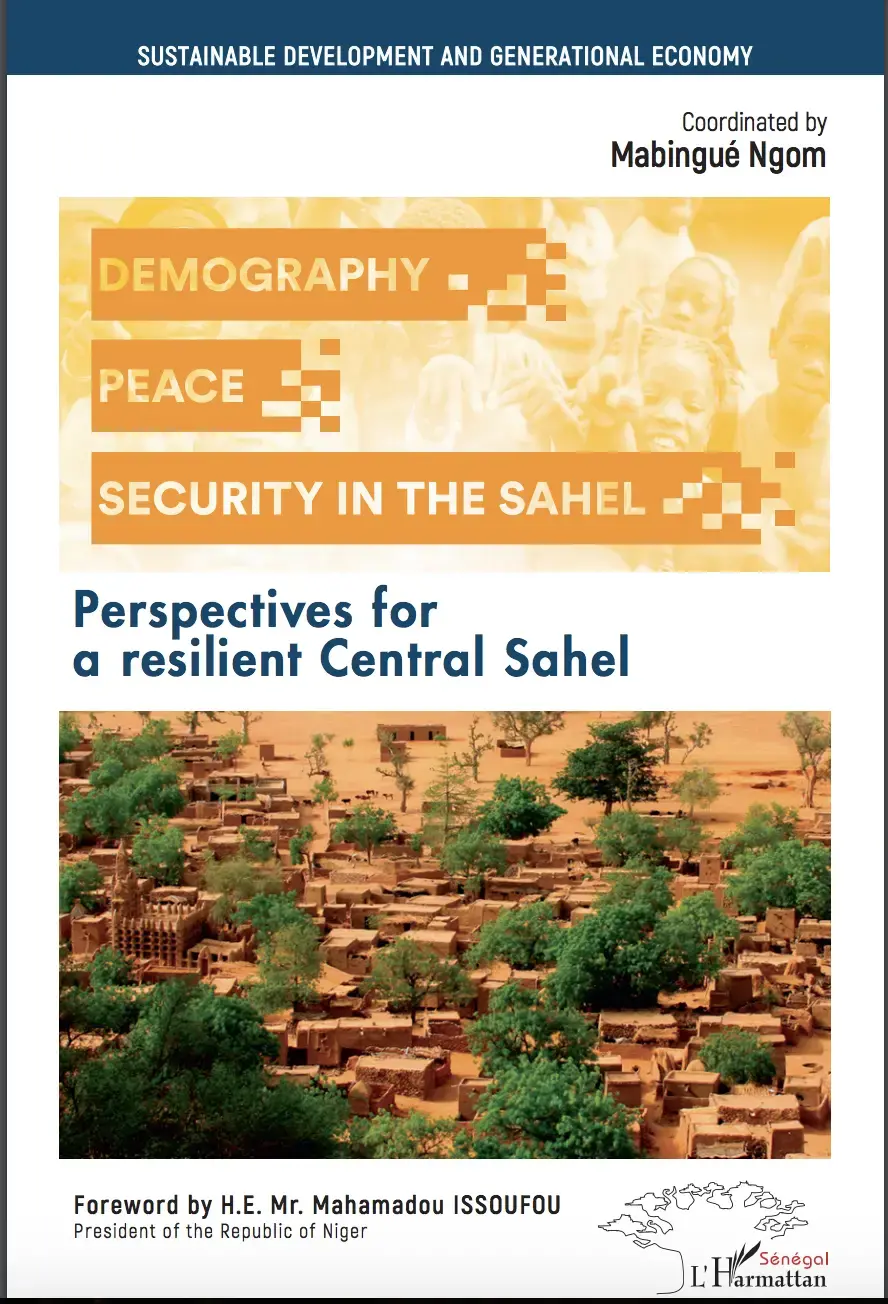The Gambia conducted its first ever digital Population and Housing Census in a welcomed move towards enhancing data accuracy and promoting sustainable development. This initiative, supported by UNFPA, is a significant step forward in the country’s commitment to leverage technology for better governance and sustainable socio-economic planning.
Since 1973, The Gambia relied on traditional paper-based methods for its decennial census, providing essential demographic and socio-economic data. However, Paper-Assisted Personal Interviews (PAPI) have often resulted in errors and inefficiencies due to handwriting issues and manual data entry.
Recognizing these challenges, the Gambia Bureau of Statistics (GBoS) transitioned to Computer-Assisted Personal Interviews (CAPI) for the 2024 census. Building on successful experiences with digital methods in various surveys, this shift aims to ensure more accurate, efficient, and timely data collection. The move to an E-Census, supported by government and technical partners, marks a significant step towards modernizing data gathering in The Gambia.
The digital census aligns with UNFPA's mission to ensure every individual is counted, enabling comprehensive data collection that reflects the true demographics of The Gambia. The Country Office has provided both financial and technical support to The Gambia Bureau of Statistics who are facilitating the enumeration process for the smoothing implementation of all phases of the exercise. This resulted in the recruitment of 5309 enumerators and 1087 supervisors who visited each household during the census enumeration period from- May 25 to June 14th 2024.
Population data is crucial for sustainable development. It provides the foundation for understanding and addressing the complex challenges associated with sustainable development, allowing policymakers to make informed decisions that balance economic growth, social inclusion, and environmental protection.

Harnessing advanced technologies for fast results
The digital census utilizes advanced technologies such as tablets and mobile applications, ensuring real-time data entry and validation. Enumerators, equipped with these tools, can efficiently capture and transmit data, reducing errors and enhancing data integrity. The instantaneous nature of digital data collection allows for rapid analysis, enabling the government and stakeholders to respond promptly to emerging needs and trends.
UNFPA facilitated South-South Cooperation between the governments of The Gambia and Senegal to support this year’s census which has resulted in the Agence Nationale de la Statistique et Démographie du Sénégal (ANSD) to provide 7500 tablets as well as technical support to facilitate the conduct of the digital census.
Nyakassi M.B. Sanyang, the Statistician General of the Gambia Bureau of Statistics (GBoS). said the results of the 2024 census could be released much earlier than usual as a result of the digital transformation. In the past, it took several years before data was released.
Importance of Accurate Population Data
Accurate and up-to-date demographic data is crucial for the effective implementation of development programmes. By understanding population dynamics, the government and its partners can better address issues such as urbanization, migration, and public health, ultimately improving the quality of life for all Gambians.
In the healthcare sector, data is crucial for planning and delivering services that meet the specific needs of the population. The census provides essential information on the prevalence of diseases and other health conditions, which aids in developing targeted interventions. This data will help policymakers allocate resources more effectively, identify health trends, and address public health challenges efficiently. By understanding the specific health needs of different communities, healthcare services can be tailored to improve outcomes and overall public health.
“The data collected from the census will empower us with the knowledge necessary to plan effectively, allocate resources judiciously, and ensure that every individual, regardless of background or circumstance, is accounted for. ” said Ndeye Rose Sarr, the UNFPA Country Representative in The Gambia. She added: “It is a fundamental tool for promoting social justice and equality, guaranteeing that all voices are heard and all needs are addressed.”
In the education sector, the census data will be used to ensure that there are enough schools, teachers, and resources to meet the needs of the growing population. The census will also help identify children who are out of school and provide them with the opportunity to get an education.This data-driven approach helps in planning and improving the education system to better serve the population's needs.
In the infrastructure sector, the census data will inform decisions about where to build new roads, bridges, and other infrastructure. The data will enable targeted infrastructure development in the most vulnerable communities, ensuring that investments are made where they are most needed. By addressing the infrastructure needs of these communities, the government can promote equitable development, improve living conditions, and foster economic opportunities for disadvantaged populations.






